Synthetic Polymers for Stone Conservation
24,00€ Il prezzo originale era: 24,00€.22,80€Il prezzo attuale è: 22,80€.
Condizioni: NUOVO
Conditions: NEW
Disponibile
Conservation of stone is challenging. Especially if stone objects like statues and monuments are continuously outdoors, they tend to deteriorate, due to the influence of the environment, often polluted, and may suffer from vandalism like graffiti. Although traditional synthetic organic polymers have been applied in conservation of stone as adhesives, consolidating agents and protective and anti-graffiti agents, many of them turned out to be less suitable because they lack mechanical strength and rend to degrade too fast as a result of the adverse outdoors weathering conditions (water and light). Developments in the polymer industry have led to new classes of materials that are better capable of withstanding the severe outside conditions, in particular fluorine-containing polymers (oil and water repellency) and polymers based on silicon-oxygen containing monomers (better resistant to light).
This volume is intended as a tool for the conservator and discusses the three “families” of polymeric products that have been developed:
– Adhesives – polyesters, epoxy and acrylic resins;
– Consolidating agents – acrylic resins, silicates and alkyl alkoxysilanes;
– Protective and anti-graffiti agents – silicone resins, waxes, fluorinated resins.
In Synthetic Plymers for Stone Conservation special attention is given to:
– chemical-physical characteristics (optical, mechanical, etc) of plymers;
– degradation behavior of polymers during aging and any resulting change of their properties, e.g. yellowing, matting, cross-linking, loss of adhesive strength, etc.
– water repellency;
– safety aspects of handling the resins and their catalysts.
Summarizing, this book provides che conservator with a comprehensive overview of the modern polymers that have been used, and still are, in the restoration of stone, in particular stone works of art that are exposed to the external environment continuously outside.
…..
SYNTHETIC POLYMERS FOR STONE CONSERVATION
By Leonardo Borgioli
De Kunstkliniek Veer & Veer
Pages 128, paperback, cm 14×21, 2021
…..
Leonardo Borgioli obtained his chemistry PhD in Florence on micro-emulsions applied to the frescoes in the Brancacci Chapel in the Church of the Carmine. He works both as a lecturer and as a general and technical researcher in the field of restoration Today he is office manager at the C.T.S Srl, Florence.
Recensisci per primo “Synthetic Polymers for Stone Conservation” Annulla risposta
Devi effettuare l’accesso per pubblicare una recensione.
Ti potrebbe interessare…
Arte contemporanea
Art and Restoration
Restauro/Conservazione
The synthetic resins used in the treatment of the polychrome works of art
Art and Restoration
Chemistry for Restoration. Painting and Restoration Materials


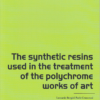
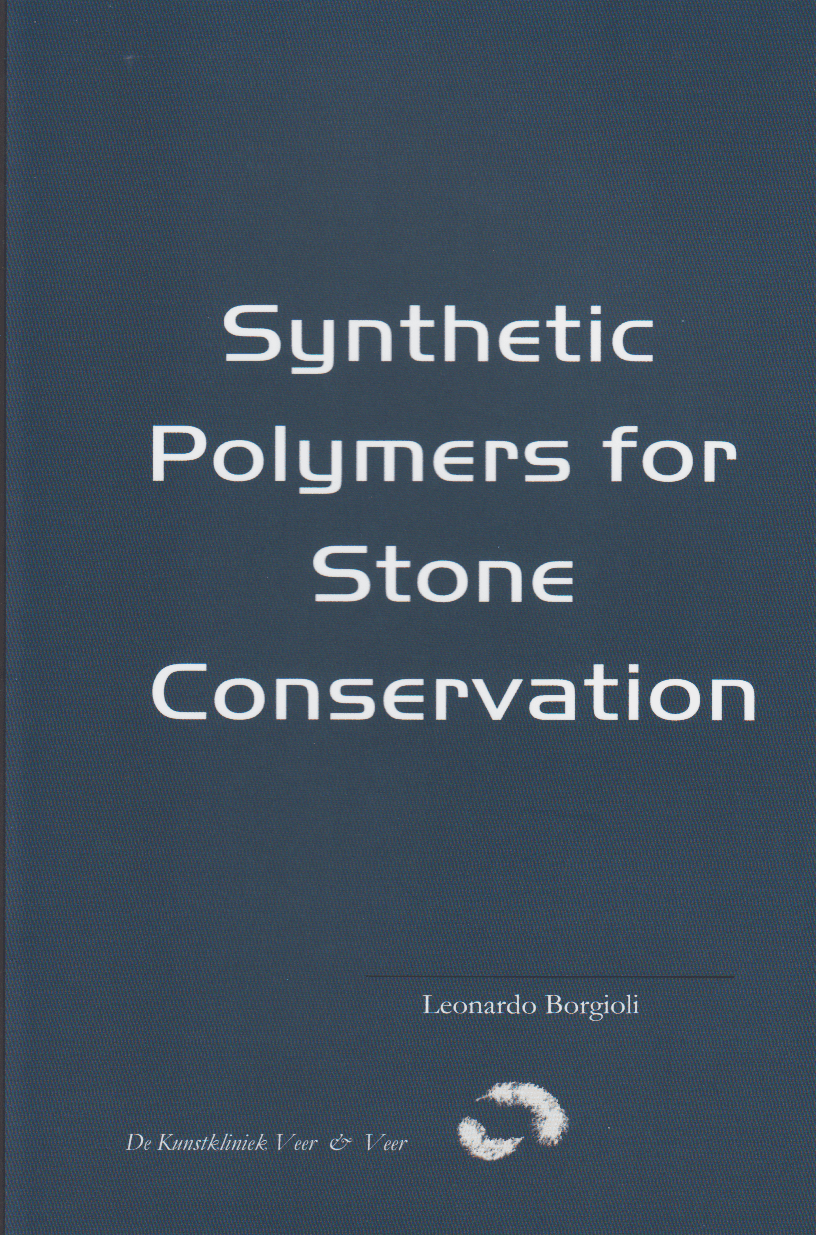
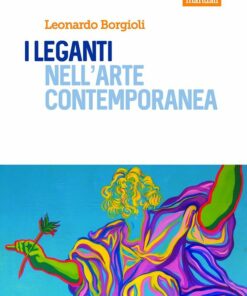
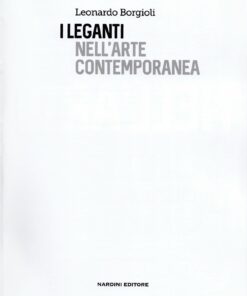

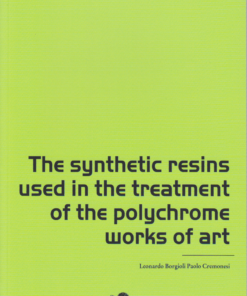
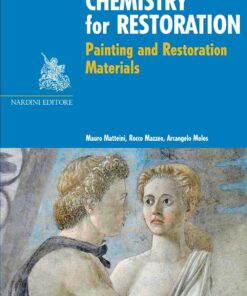

Recensioni
Ancora non ci sono recensioni.